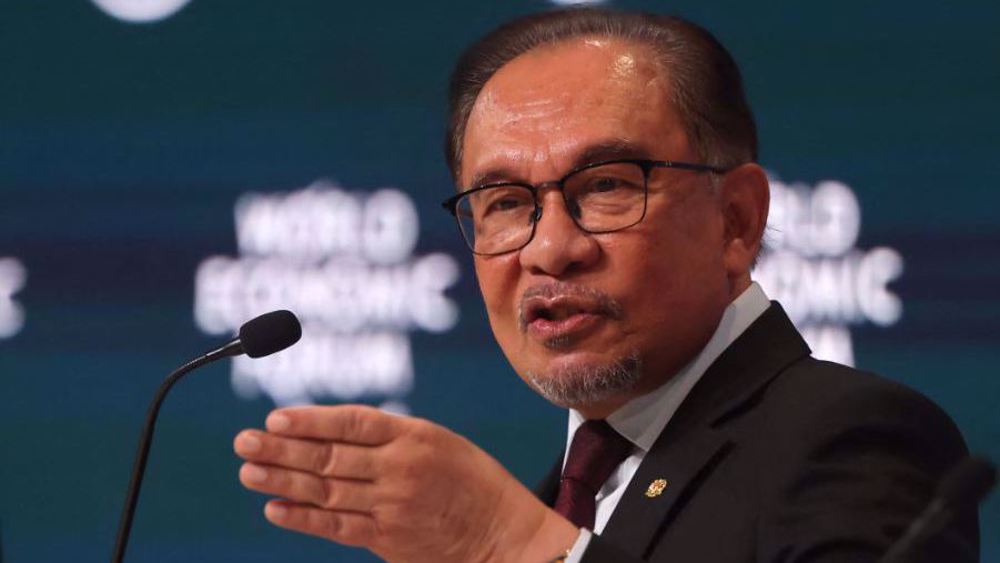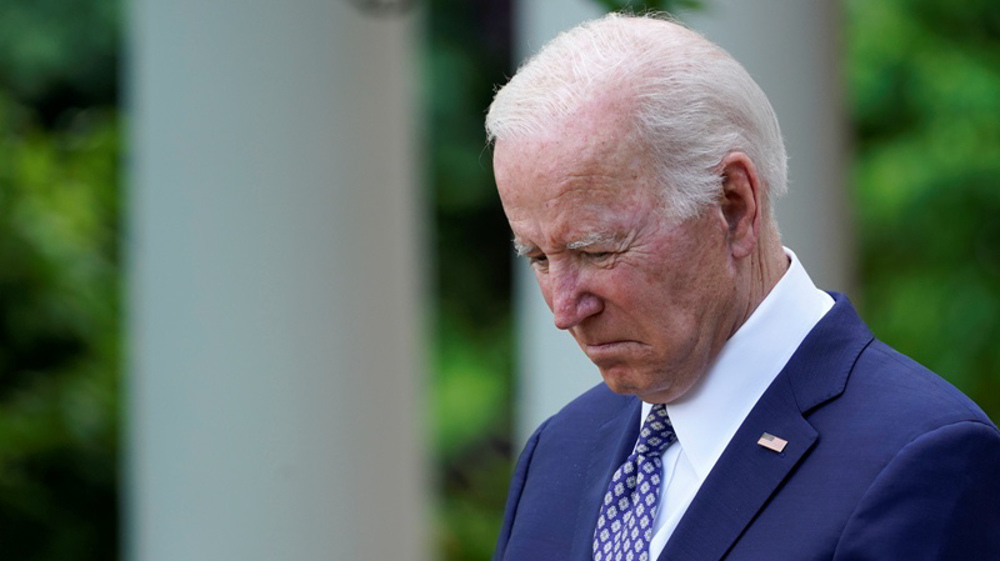Myanmar minister under fire over anti-Muslim remarks
Myanmar’s minister of religious affairs and culture has come under fire for his offensive comments about Muslims in the Southeast Asian country.
In a recent interview, Thura Aung Ko claimed that Islam in Myanmar is the religion of “minority associate citizens” who acquired citizenship through the 1948 Union Citizenship Law.
The London-based Myanmar Muslim Association in a statement on Monday objected to "the irresponsible comments” by the minister.
The statement stressed that full rights for Muslims were enshrined in Myanmar’s several constitutions.
“Islam is stated as a religion of full citizenship in three constitutions of the country drafted in 1947, 1974 and 2008," it said, adding, “The Islam religion had arrived in Myanmar since before Bagan era [AD 652-660].”

Earlier this month, the minister also said that "Islam is the religion of most of the country's guest citizens,” when he was asked a question on how to prevent religious discrimination in the Southeast Asian country.
He also referred to Christians as full-fledged citizens and emphasized that Buddhism has become the preferential religion in Myanmar. "The greater role of Buddhism has caused that of other religions to look dimmer. For that reason, the guest citizens of ethnic minorities might have a wrong view."
Last month, Myanmar's ruling party leader, Aung San Suu Kyi, was reportedly angered to have been interviewed by a Muslim journalist in 2013.
Suu Kyi reportedly lost her composure after being challenged by BBC presenter Mishal Husain on the massacres of Muslims in Myanmar.

Suu Kyi's National League for Democracy (NLD) formed a new government that took power on April 1.
The United Nations (UN) and the European Union (EU) had earlier expressed hope that conditions would improve under her government. Many international observers were also hoping that the change in rule will lead to positive steps to improve the condition of the country's persecuted Muslim Rohingya ethnicity.
However, Suu Kyi, who is a Nobel Peace laureate, has come under fire by rights groups for her stance on the violence against Rohingyas.
Rohingya and other Muslims have faced torture, neglect, and repression in Myanmar for many years. A large number of Rohingyas are believed to have been killed and tens of thousands displaced in attacks by extremists who call themselves Buddhists.
Myanmar’s government refuses to recognize Rohingya Muslims as citizens and labels them as “illegal” immigrants.
Rohingya Muslims have been denied Myanmar citizenship since a new citizenship law was enacted in 1982, and there have been a number of attacks against Rohingyas over the past years.
Israel uses negotiations as cover for Rafah invasion: Hamas
VIDEO | Wounded Gazans rushed to hospital following airstrike on Rafah
VIDEO | Pakistan unites in protest against Israeli genocide as university students join in
VIDEO | Gaza carnage unabated
Israel alleges killing ‘Hamas’ naval commander’
AIPAC censures Biden for pausing arms shipment to Israel
Fuel running out at Gaza hospitals amid Israeli assault on Rafah: WHO
Hezbollah says it hit Israeli targets in ‘multipronged attack’















 This makes it easy to access the Press TV website
This makes it easy to access the Press TV website